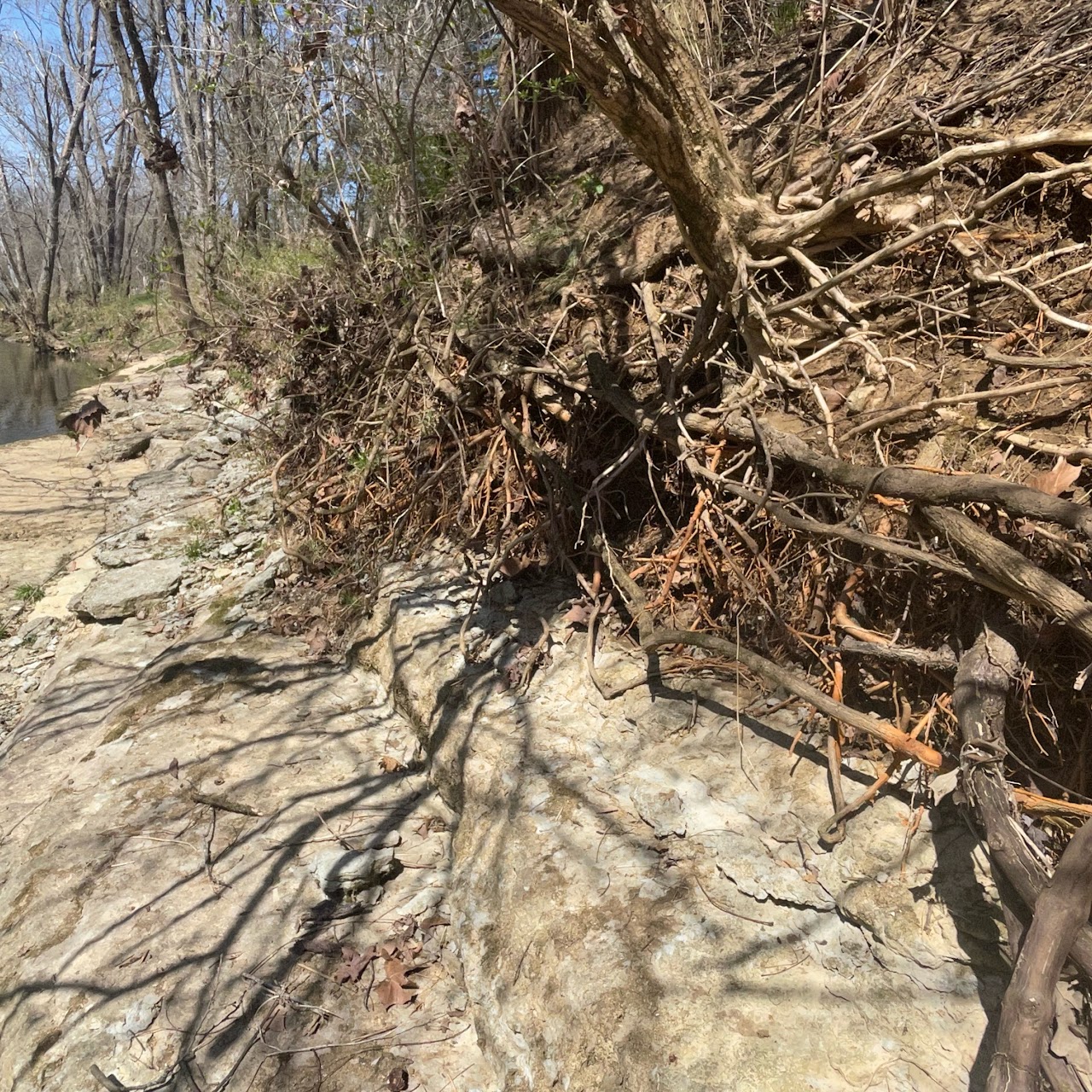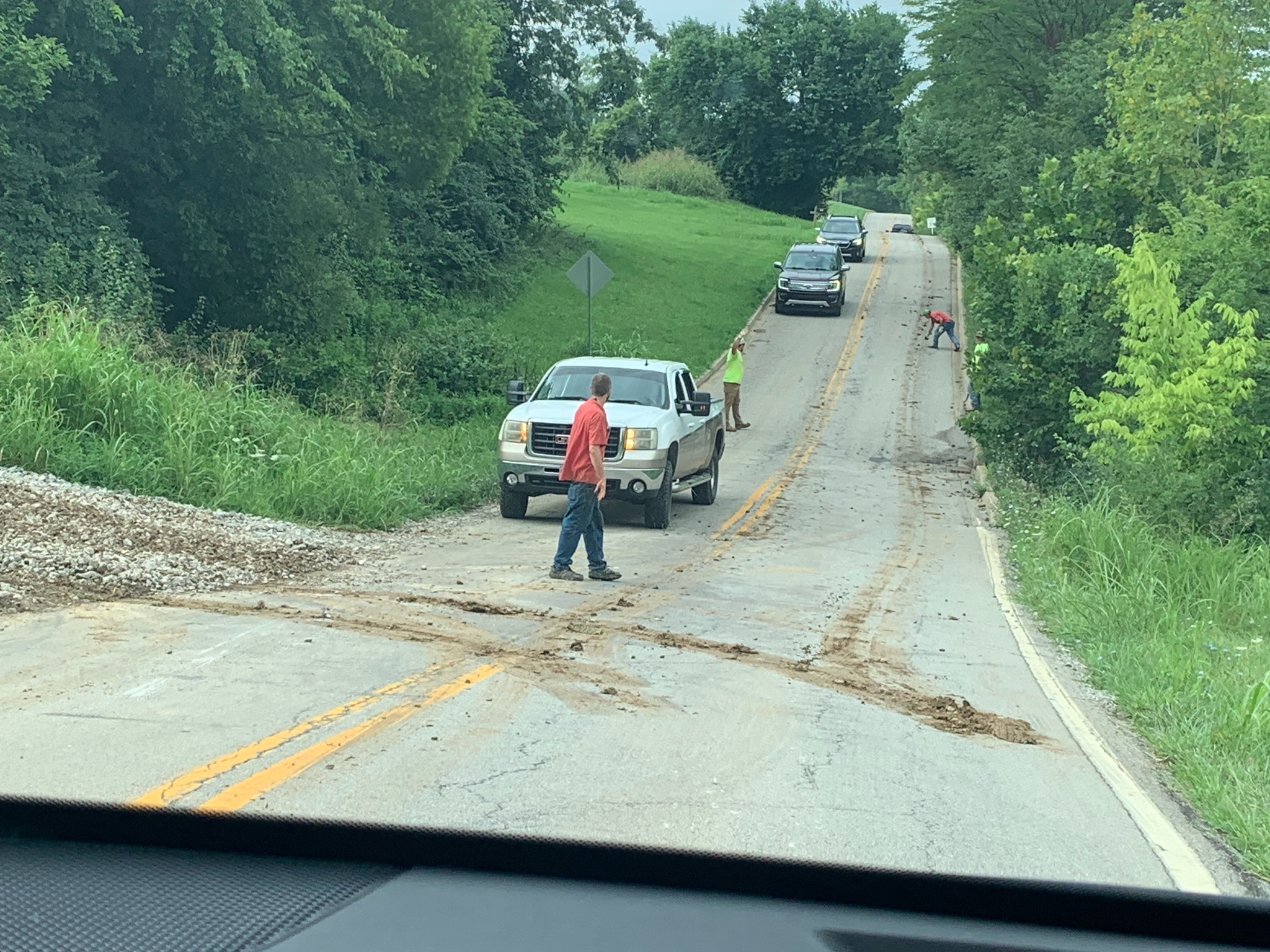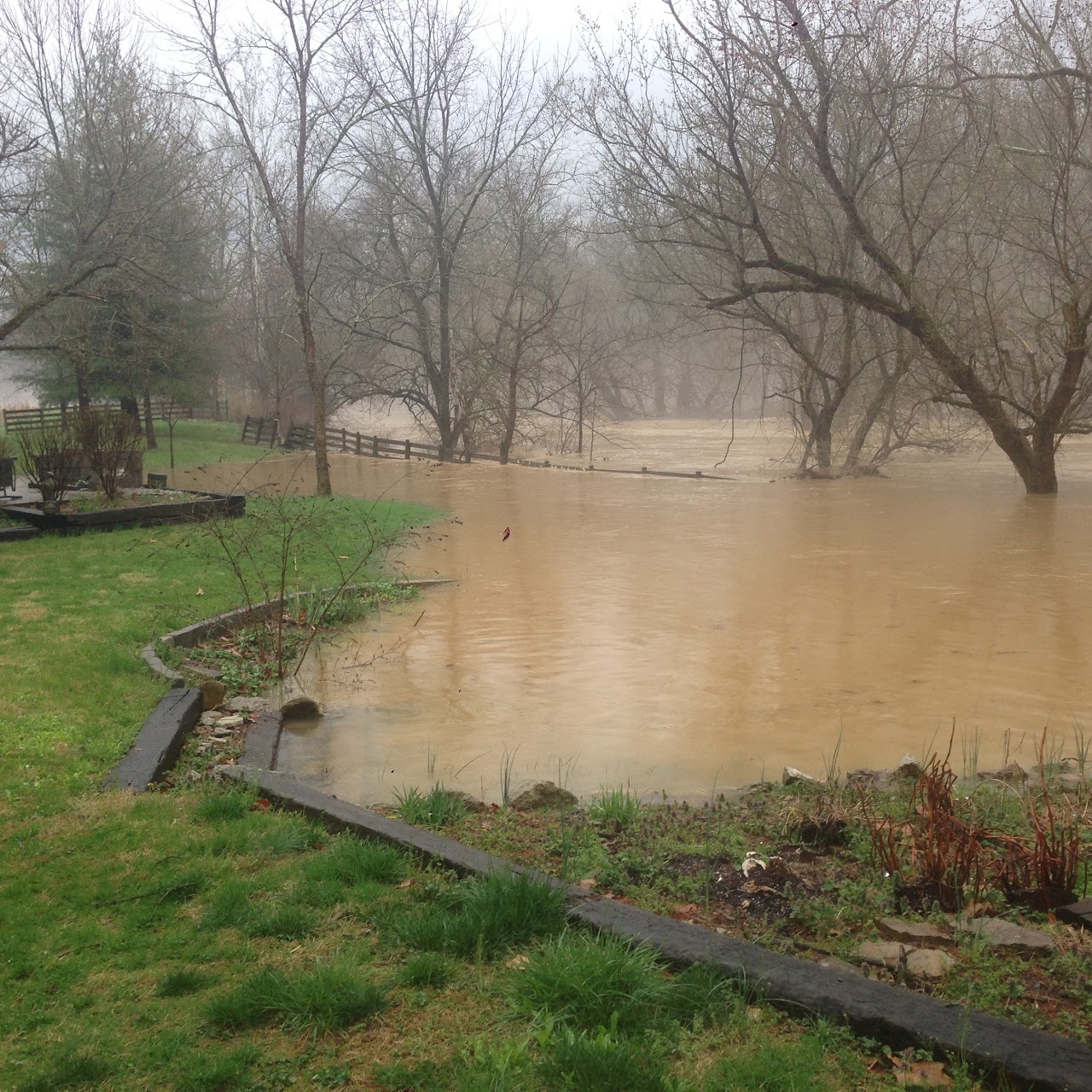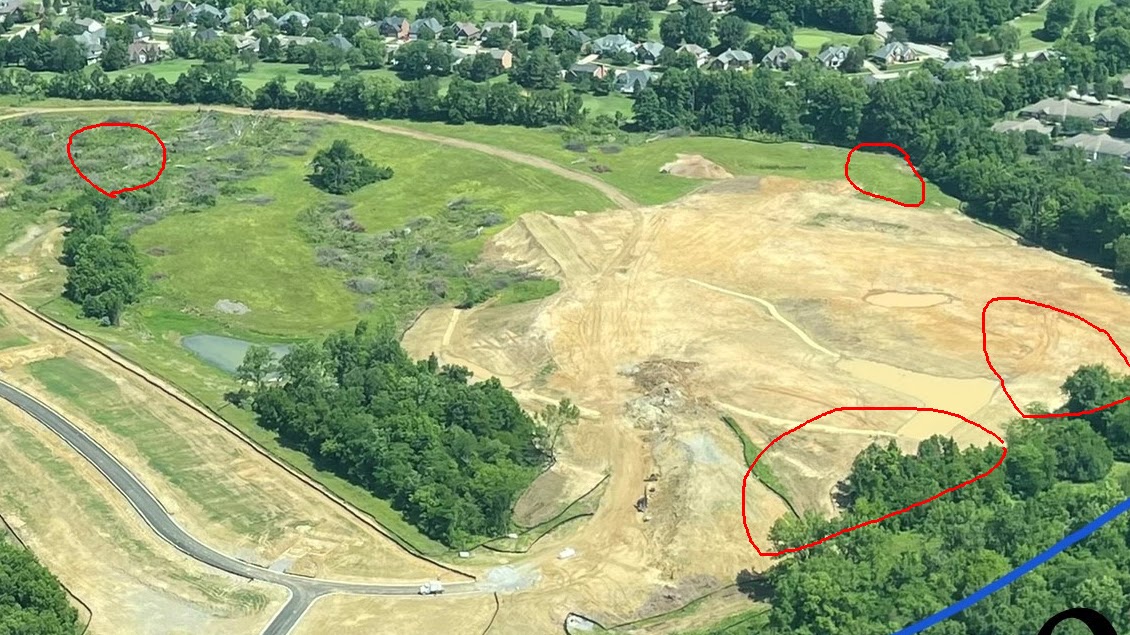Watershed in Crisis
The Threats Facing Floyds Fork
Floyds Fork isn’t just a stream—it’s an entire ecosystem that supports wildlife, filters pollution, and protects our community from flooding. But its future is under constant attack. Erosion, irresponsible development, pollution, siltation, and tree canopy loss are degrading the watershed, putting everything at risk. Without action, we could lose one of Louisville’s last natural treasures.
Erosion: A Riverbed in Retreat
The banks of Floyds Fork are crumbling—literally. Erosion eats away at the land, widening the stream, weakening tree roots, and washing vital soil downstream. The result? Flooding, habitat destruction, and poor water quality. Without intervention, Floyds Fork could become unstable and lifeless.

Irresponsible Development: Progress Without Protection
Louisville is growing, but unchecked development near Floyds Fork is a ticking time bomb. When forests are replaced with pavement, runoff increases, pollution skyrockets, and natural flood barriers disappear. Smart development can coexist with conservation, but without better policies, Floyds Fork will pay the price.

Pollution: A Slow and Silent Killer
Oil, fertilizers, chemicals, and trash flow into Floyds Fork with every storm. What does that mean? Toxic water, dying fish, and unsafe recreation. Polluted waters don’t just impact wildlife—they harm the people who kayak, fish, and enjoy the Fork. Protecting this watershed means keeping harmful waste out of our streams.

Siltation: Death by a Thousand Grains
When soil washes into Floyds Fork at an unnatural rate, it clouds the water, suffocates aquatic life, and clogs habitats. What’s causing it? Overdevelopment, poor land management, and vanishing tree roots. If we don’t control siltation, Floyds Fork will become a shallow, lifeless stream.

Tree Canopy Loss: A Vanishing Shield
Trees are the first line of defense for Floyds Fork. They anchor the soil, provide habitat, and keep the water cool and clean. But when trees are cut down for roads and buildings, erosion worsens, pollution spreads, and ecosystems collapse. Protecting the Fork starts with protecting its trees.

